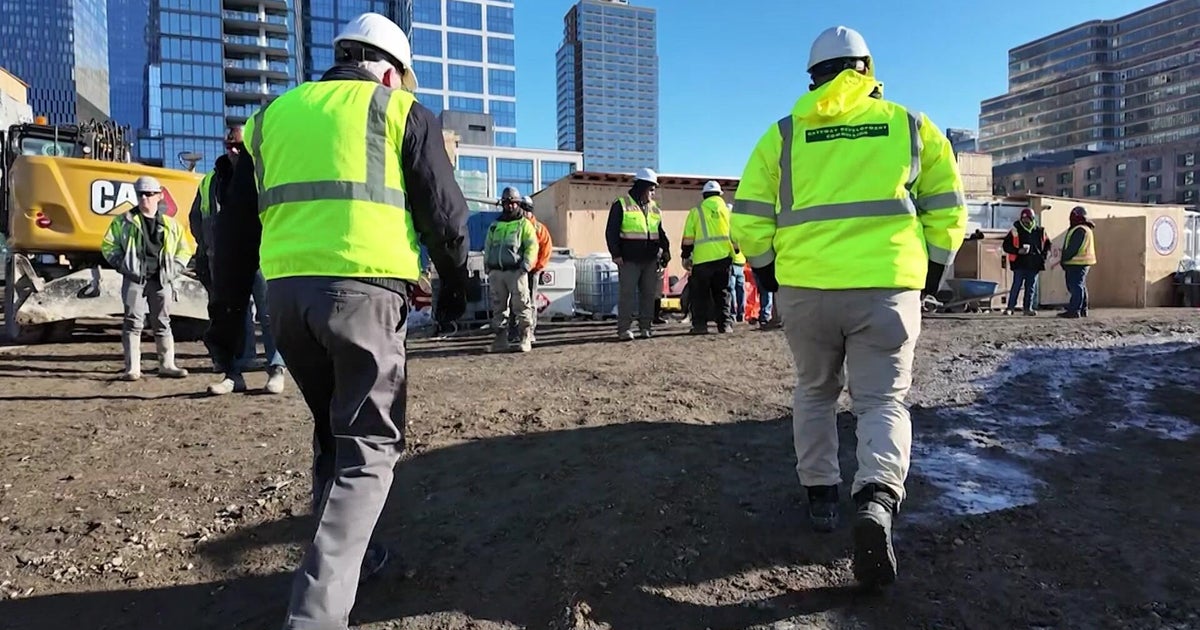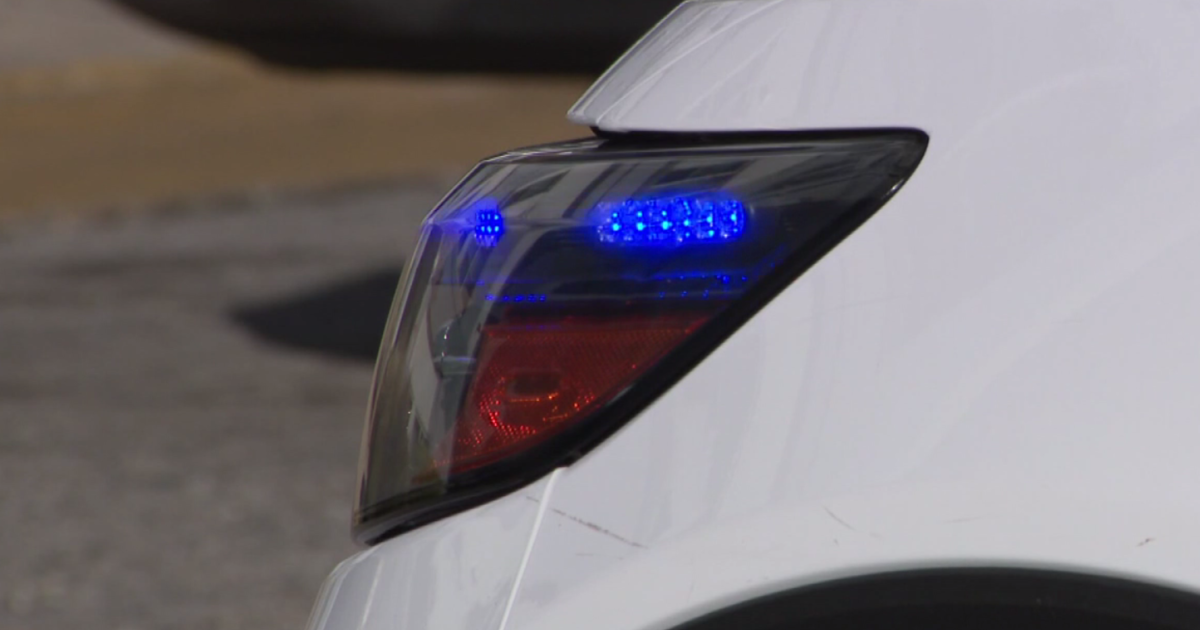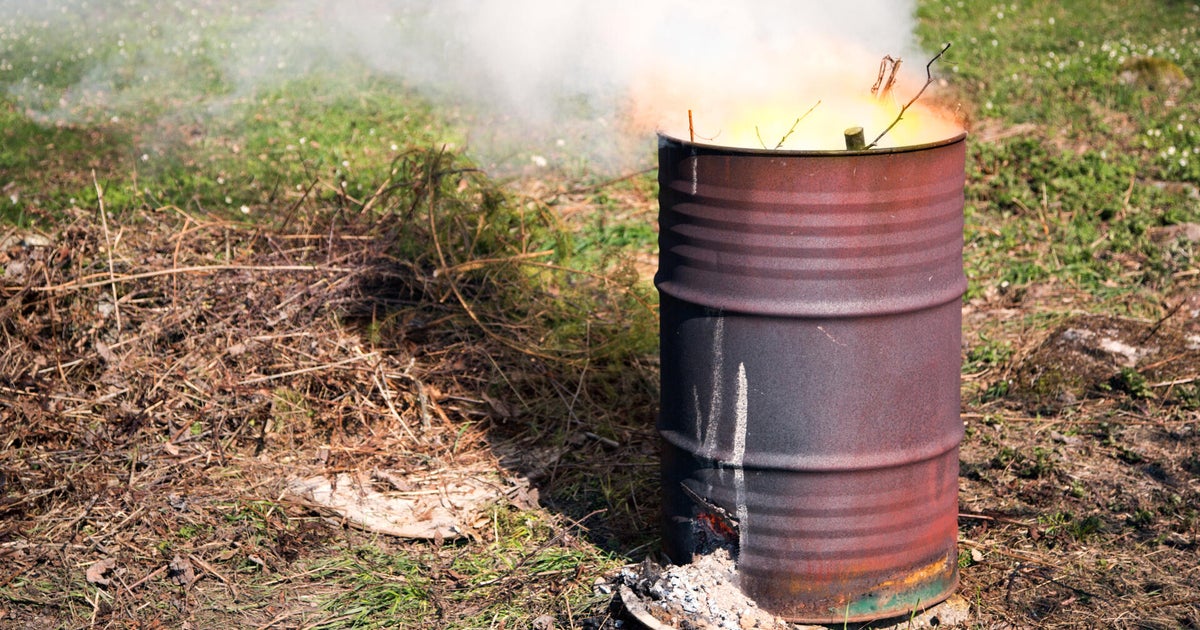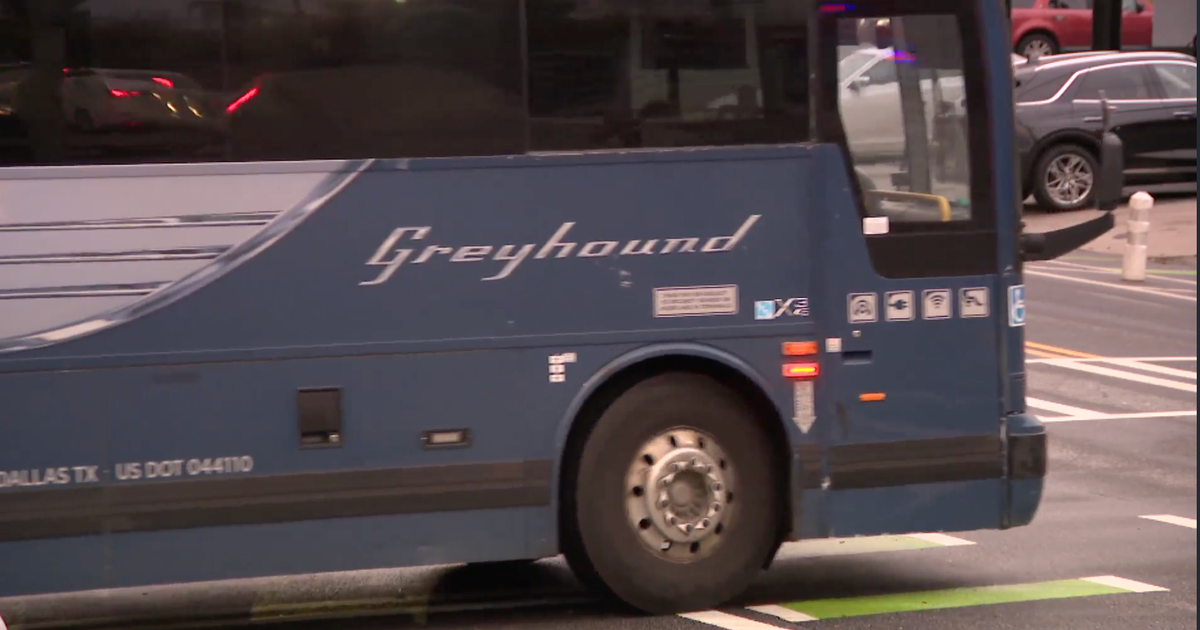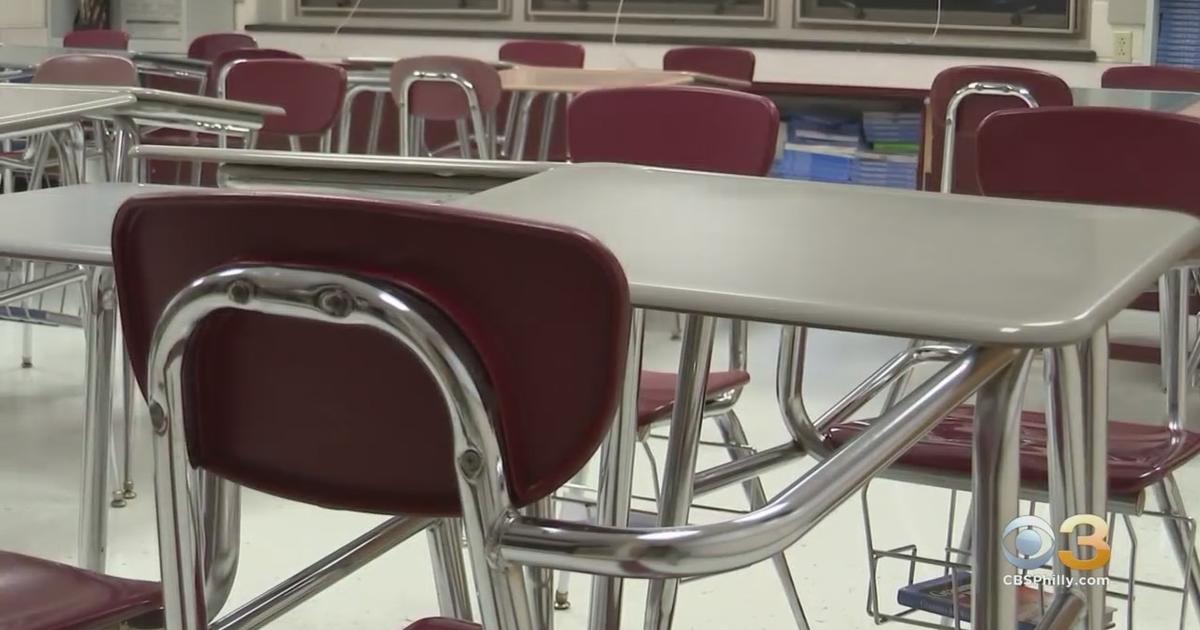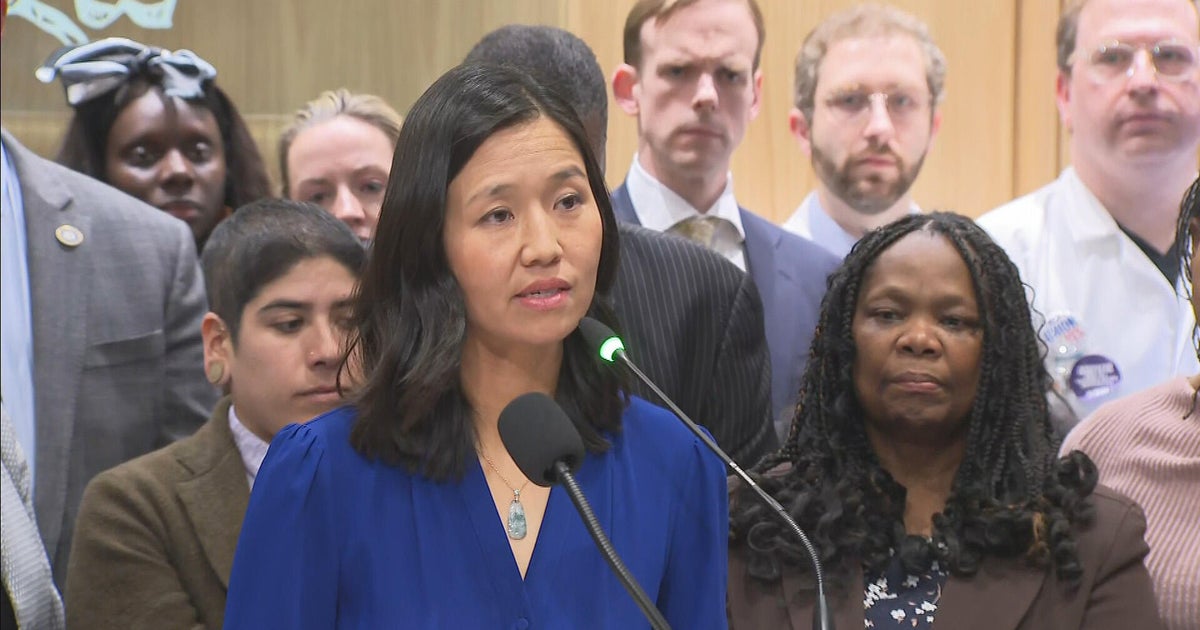Officials: Shutdown Would Cripple D.C.
WASHINGTON (AP) -- Trash would go uncollected, parking tickets wouldn't be issued and about 14,000 District of Columbia employees would be furloughed in the event of a federal government shutdown, D.C. officials said Wednesday.
While the police and fire departments and schools would remain open, the shutdown would be a crippling blow to city services, Mayor Vincent Gray said.
The federal government will shut down at midnight Friday if Congress can't agree on a spending plan for the rest of the fiscal year.
Congress must approve the district's budget, and in the event of a shutdown, D.C. government is treated as a federal agency, meaning that only essential employees are allowed to continue working. Officials estimated Wednesday that about 21,000 of the district's 35,000 employees are considered essential.
Slightly more than half of D.C.'s $10.4 billion operating budget comes from local tax revenue, but the district would be blocked even from using its local funds, a situation that Gray and Del. Eleanor Holmes Norton, who represents the district in Congress, called absurd and unjust.
"The district is the only jurisdiction in the United States prohibited from spending our own dollars, local dollars, in the event of a federal government shutdown, because, of course, we are not a state, and we do not have budget autonomy," said Gray, a Democrat and a supporter of D.C. statehood. "It's just incredibly frustrating and incredibly unfair for 600,000 people to be treated this way."
Norton, a Democrat, has introduced a bill that would allow the district to keep spending its local funds, but her previous efforts this year to protect such spending have failed.
She said Republicans in Congress "are going out of their way to inconvenience the district" and said she was not optimistic that a one-week stopgap spending resolution would pass.
The district would also take a financial hit. A shutdown would cost the district an estimated $1 million a week in revenue from tourism, and if furloughed workers are not reimbursed from the time they miss, the district would lose another $4.5 million a week in tax revenue, Chief Financial Officer Natwar Gandhi said.
The most noticeable result of a protracted shutdown would be garbage piling up on city streets. Not only would trash collection be suspended for the duration of a shutdown, it would not resume until the government has been running again for a week.
"That'll be a treat, won't it?" Gray said sarcastically.
Since the shutdown would take effect Saturday, its effect would perhaps first be felt at the Smithsonian Institution's museums and zoo, which would close. D.C's Metro subways and buses would still run, although the D.C. Circulator, a city-run bus service, would not.
A federal budget official said the shutdown would also result in the cancellation of the National Cherry Blossom Parade, but parade organizers said they were appealing that decision.
Among the other D.C. agencies and services that would close or be severely curtailed: the departments of motor vehicles, consumer affairs, public works and transportation. Road repairs would cease, except for emergencies, and the district would be unable to enforce parking violations. All public libraries would also be closed.
Even the mayor's office would operate with a skeleton crew of just seven employees.
D.C. Council member Michael A. Brown, D-At Large, issued a statement urging Gray to defy Congress and declare all D.C. government employees to be essential personnel. Gray said he would consider such a move but would have to examine the legal ramifications. He said he wouldn't do it if the district had no way of paying its employees.
(Copyright 2011 by The Associated Press. All Rights Reserved.)

